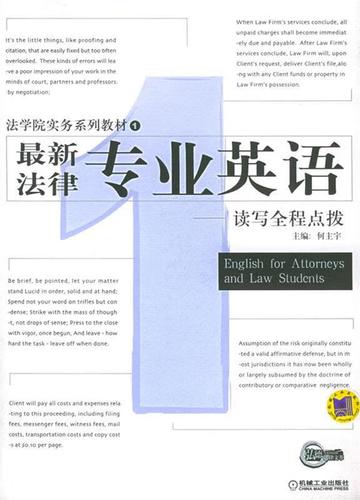```html
Exploring English and Law Majors: Insights and Guidance
Choosing a major is a significant decision that can shape your academic journey and future career path. In this guide, we'll delve into the fields of English and Law, offering insights and guidance to help you make informed choices.

The study of English encompasses language, literature, and writing. It offers a diverse range of courses that explore the complexities of the English language, its literature, and its cultural impact. Here are some key aspects to consider:
Curriculum:
English majors typically study various literary genres, from classic literature to contemporary works. They may also delve into linguistic analysis, creative writing, rhetoric, and critical theory. The curriculum often emphasizes analytical thinking, effective communication, and writing skills.
Career Paths:
An English major can lead to diverse career opportunities. Graduates may pursue roles in writing, editing, publishing, journalism, advertising, education, or digital media. Additionally, the critical thinking and communication skills developed through an English major are valuable in fields such as law, marketing, business, and public relations.
Guidance:
If you're considering an English major, explore your interests within the field. Take a variety of courses to discover your strengths and passions. Consider internships or extracurricular activities related to writing or publishing to gain practical experience. Networking with professionals in your desired field can also provide valuable insights and opportunities.
Studying law involves the exploration of legal principles, systems, and their applications. It requires analytical thinking, research skills, and a strong understanding of legal concepts. Here's what you need to know:
Curriculum:
Law programs typically cover a broad range of topics, including constitutional law, criminal law, contract law, torts, property law, and more. Students learn how to analyze cases, interpret statutes, conduct legal research, and construct persuasive arguments. The curriculum is rigorous and often includes moot court exercises or internships to provide practical experience.
Career Paths:
A law degree opens doors to various career paths. Many graduates pursue careers as attorneys, working in law firms, government agencies, corporations, or nonprofit organizations. Others may enter fields such as politics, business, consulting, academia, or advocacy. The skills gained through legal education, including critical thinking, problemsolving, and oral advocacy, are highly transferable and valued in diverse industries.
Guidance:
If you're considering a law major, research different law programs to find the best fit for your interests and career goals. Take advantage of opportunities for internships, clerkships, or legal clinics to gain practical experience and insight into the legal profession. Build strong analytical and communication skills through coursework, extracurricular activities, and mock trial competitions. Additionally, consider seeking guidance from legal professionals or mentors to navigate the complexities of law school and the legal profession.
Both English and Law majors offer unique opportunities for intellectual growth and professional development. Whether you're drawn to the world of literature and language or fascinated by the intricacies of the legal system, exploring these fields can lead to fulfilling careers and meaningful contributions to society. By understanding the curriculum, career paths, and guidance available in each field, you can make informed decisions about your academic journey and future aspirations.
